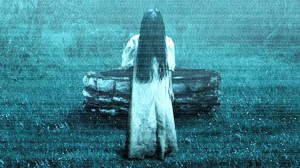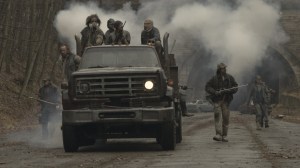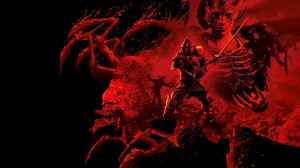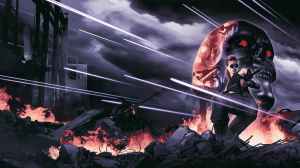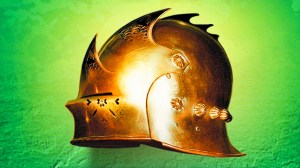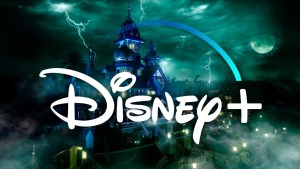Millennials grew up somewhere between VHS and streaming; between calling a friend’s house, and dropping an emoji in a group chat. During that time, movies played a significant role in shaping this generation’s references, worldview, and even personality. Some films hit so hard they basically became part of the millennial identity: they got people talking, shaped behavior, and dropped lines that everyone still quotes today. Not all of them were award-winners or critical darlings back then, but each one made a clear impact by capturing the vibe of an era, connecting with an internally conflicted audience, or just symbolizing a life phase.
Videos by ComicBook.com
Out of so many great choices, these are the 10 most influential movies for millennials. No ranking needed; what matters here is how each film managed to connect with millennials and help express everything that, sometimes, they didn’t even know how to put into words.
10) The Devil Wears Prada
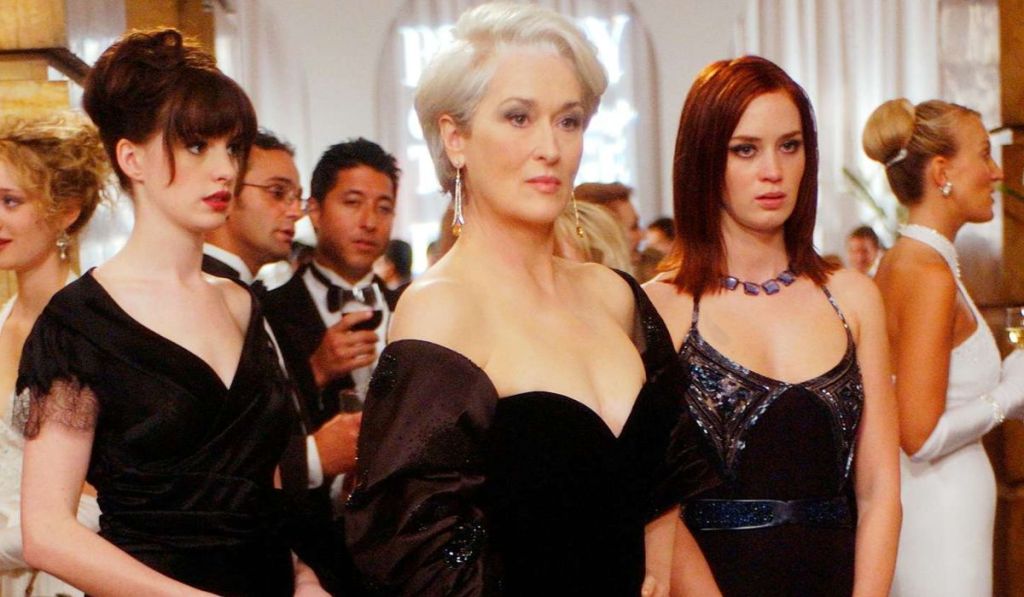
Few movies have captured the “dream job” dilemma as clearly as The Devil Wears Prada – it’s almost an unintentional handbook for what to expect from the job market. The story follows Andy (Anne Hathaway), a recent college grad who dreams of serious journalism but ends up as the personal assistant to the intimidating Miranda Priestly (Meryl Streep), editor of a major fashion magazine. What seems glamorous at first soon reveals itself as a world of insane hours, endless demands, and a constant feeling that nothing is ever enough. It’s toxic, and sadly, toxicity is something millennials have faced firsthand.
Back then, anyone starting their career or trying to “make it” saw themselves in Andy. Millennials grew up believing hard work would bring success, but nobody warned them about the emotional toll. Even years later, the film remains relevant, as conversations about burnout, boundaries, and toxic bosses keep growing. Ultimately, The Devil Wears Prada is about much more than fashion, and its impact is so strong that it’s no surprise people are eagerly awaiting the sequel.
9) Fight Club

“The first rule of Fight Club is: you do not talk about Fight Club.” This film is one of the most iconic (and controversial) ever made, even though its impact came years after its release – but that’s exactly why it’s important for millennials. The story follows an unnamed protagonist (Edward Norton) stuck in a dull corporate routine who finds purpose by starting a secret fight club with Tyler Durden (Brad Pitt), a character who embodies everything he isn’t: confident, aggressive, and anti-establishment. The movie dives deep into masculinity, consumerism, identity, and psychological breakdown. Fight Club became relevant to millennials because its real impact was only revealed when they were older.
The movie gave voice to frustrations other films avoided in the mid-1990s, connecting directly with this generation. It’s a sharp critique and that’s why it resonates so much – no wonder it’s a millennial favorite. While some misread Tyler as a revolutionary hero, the film actually raises questions about what it means to be human, to be useful, and to find purpose in a society that commodifies everything – even rebellion. For many millennials, it wasn’t just a movie, but a powerful trigger for existential reflection.
8) The Social Network
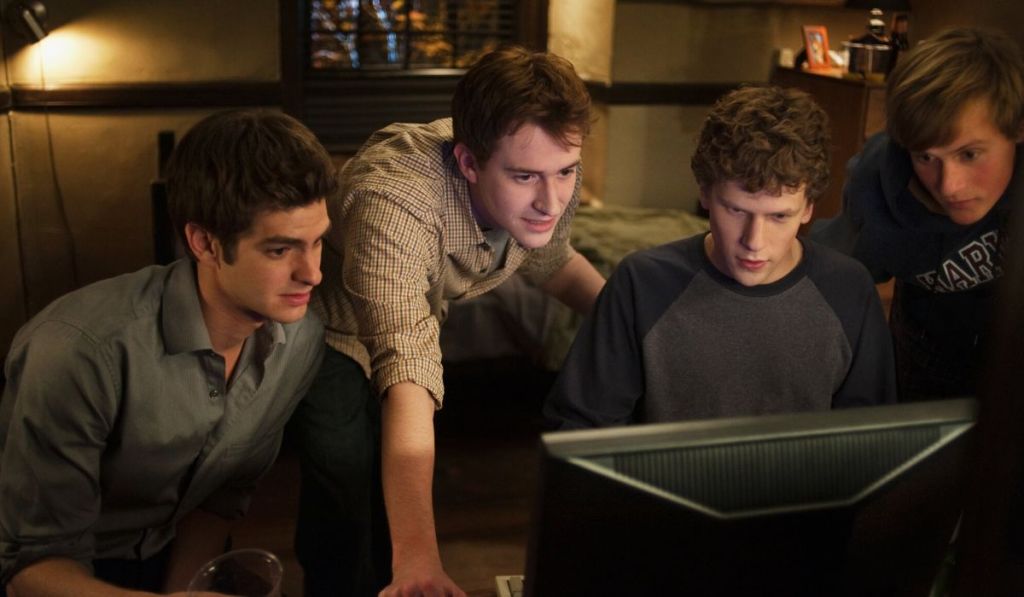
The Social Network might seem like one of the least flashy movies in terms of impact, but it was actually crucial in capturing a turning point for millennials: the moment when social media stopped being just fun and became a dominant cultural force. The film dramatizes Facebook’s creation by Mark Zuckerberg and the legal and personal battles that followed. It’s not a neutral take, but a sharp critique of unchecked ambition and how human relationships became social capital. No wonder it resonates deeply with this generation.
Millennials saw themselves reflected in that world: connected, competitive, and desperate for relevance. This generation was shaped by online validation, follower counts, and the early cracks in digital privacy. While the internet is now a workplace for many (especially Gen Z and Alpha) it was millennials who witnessed the social media explosion firsthand. For them, The Social Network wasn’t just another film; it felt like an open surgery on the internet’s impact (at the time).
7) The Blair Witch Project
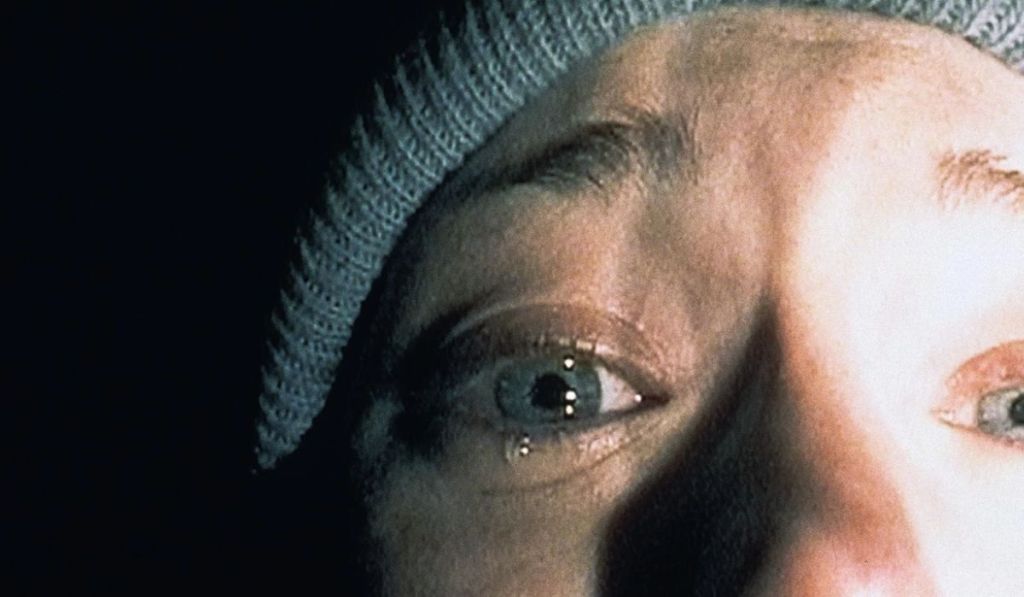
What millennial hasn’t heard of The Blair Witch Project and been genuinely scared by it? Before social media and viral videos, this movie proved that a smart idea and clever marketing could shake up the film industry. It follows three students who disappear in a forest while investigating a local legend, all shown through found footage. The homemade aesthetic, low budget, and mysterious promotion were key in building the myth around the film – and it hit millennials hard because, until then, no horror movie had scared them quite like this.
For those growing up in the late ’90s, The Blair Witch Project was a gateway to psychological and experimental horror. It wasn’t just about fear; it stirred discomfort and paranoia. For many millennials, it was their first encounter with a raw, unfiltered kind of horror, one that felt like more than just a movie. It left a lasting impression on a generation used to more traditional scares.
6) Mean Girls

Adolescence, bullying, and social hierarchy are issues that defined much of the millennial experience, and Mean Girls quickly became a go-to reference on these themes. The story follows Cady Heron (Lindsay Lohan), a girl who moves from homeschooling to high school and soon gets caught up in the power struggles of the “Plastics,” the popular clique. While it might feel exaggerated to new viewers today, the movie nails the social dynamics that felt all too real to anyone who lived through their teenage years in the early 2000s.
What sets Mean Girls apart is that it hasn’t aged like other teen comedies from that era. Its sharp script and memorable lines (who hasn’t heard “On Wednesdays we wear pink”?) not only shaped pop culture but also offered a surprisingly accessible critique of performative social behavior. For millennials, it’s more than a movie – it’s a cultural touchstone that resurfaces year after year and even inspired a Broadway adaptation and a new movie version. Few films achieve that kind of lasting relevance and still maintain it.
5) The Dark Knight
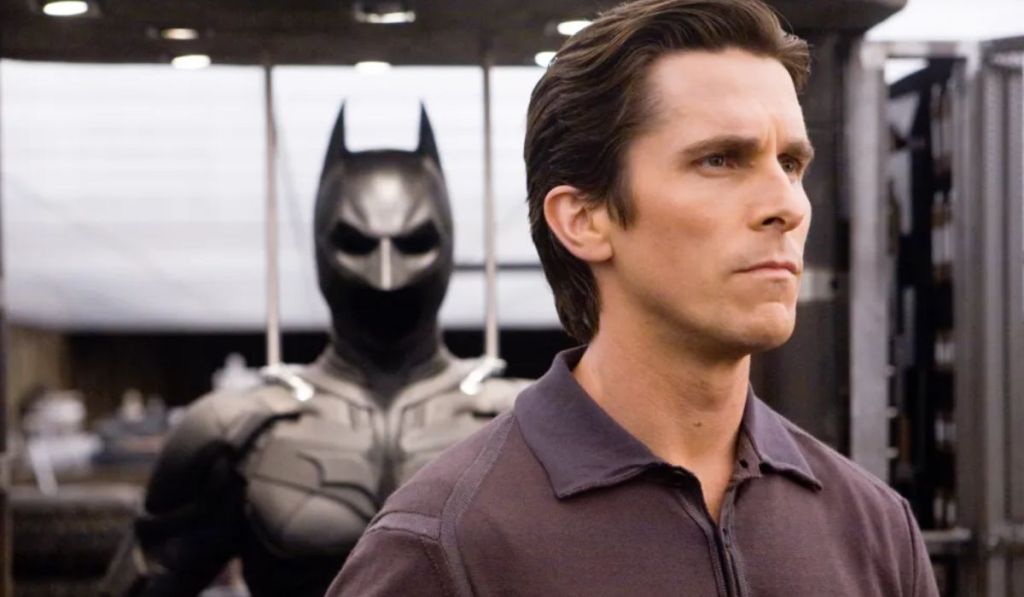
When superheroes first hit theaters, millennials didn’t even exist yet. But it was this generation that benefited the most when Hollywood finally committed to the genre, and The Dark Knight was a perfect example. The film redefined everything for a generation no longer satisfied with simple black-and-white stories. The plot centers on Bruce Wayne (Christian Bale) facing the chaos embodied by the Joker (Heath Ledger), who challenges not just Gotham, but the hero’s own moral boundaries. Besides, Ledger’s unforgettable performance became a milestone that almost every millennial loves to talk about.
The film’s impact was huge and a true turning point in how superhero movies were taken seriously by both audiences and critics. It proved the genre could be complex, dark, and still a massive box office hit. It’s no exaggeration to say many young adults started seeing blockbusters in a new light after The Dark Knight, which raised the bar for everything that followed. The movie pushed DC Studios and even Marvel Studios to up their game and earn their place in Hollywood’s big leagues.
4) Toy Story
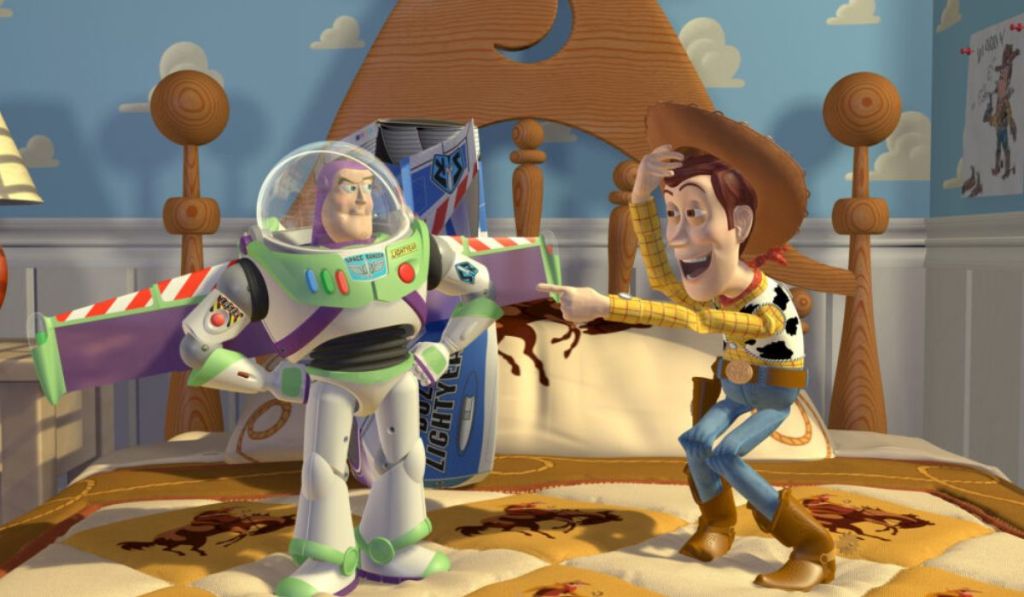
For many, one of Pixar’s bext films is Toy Story. But what makes it truly interesting is that it wasn’t just a milestone in digital animation; it was also an emotional landmark for any millennial who grew up in the ’90s. The simple story, featuring toys like Woody and Buzz Lightyear dealing with jealousy, friendship, and the fear of abandonment, touched on a very real emotional challenge: the shift from childhood to adulthood. This emotional core made the movie more than just kids’ entertainment. Since it’s rare today for new generations to grow up with toys (if they even still exist), the production ends up having a much deeper meaning for millennials, in particular.
Pixar introduced a new emotional language with Toy Story, one that influenced a generation to expect emotional depth in animated films. For many millennials, this was a first lesson that growing up means loss, change, and, above all, bonds that last. The sequels kept up the theme, growing alongside the audience almost in real time. And even though new generations can watch them, it’s unlikely the films carry the same emotional weight.
3) Spider-Man
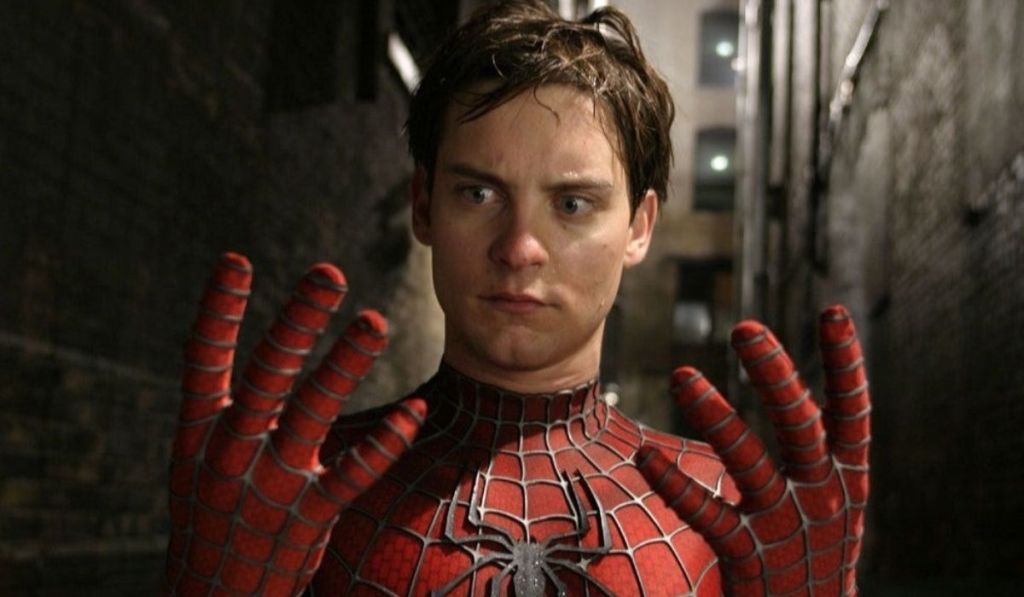
Of all the superheroes, Spider-Man holds a special place in the hearts of millennials. The first film version, directed by Sam Raimi, was a turning point for the genre and for how fans connected with these characters. The story of Peter Parker (Tobey Maguire), an ordinary teenager who becomes a superhero after being bitten by a genetically modified spider, brought real humanity and emotion to a genre that was often seen as disposable. The Dark Knight‘s prestige came later; Spider-Man felt like a bold experiment at the time (2002), and it worked perfectly in establishing superheroes as blockbuster movie stars.
For many, it was the first time they saw a vulnerable hero with bills to pay and real personal struggles. Marvel has always emphasized this, but seeing it on the big screen made all the difference. The movie was a box office hit that led to sequels, and unlike the usual MCU formula, Spider-Man kept a more dramatic and emotional tone. For many millennials, this was their first big cinematic experience with superheroes, and it created a bond that has lasted for decades.
2) Twilight
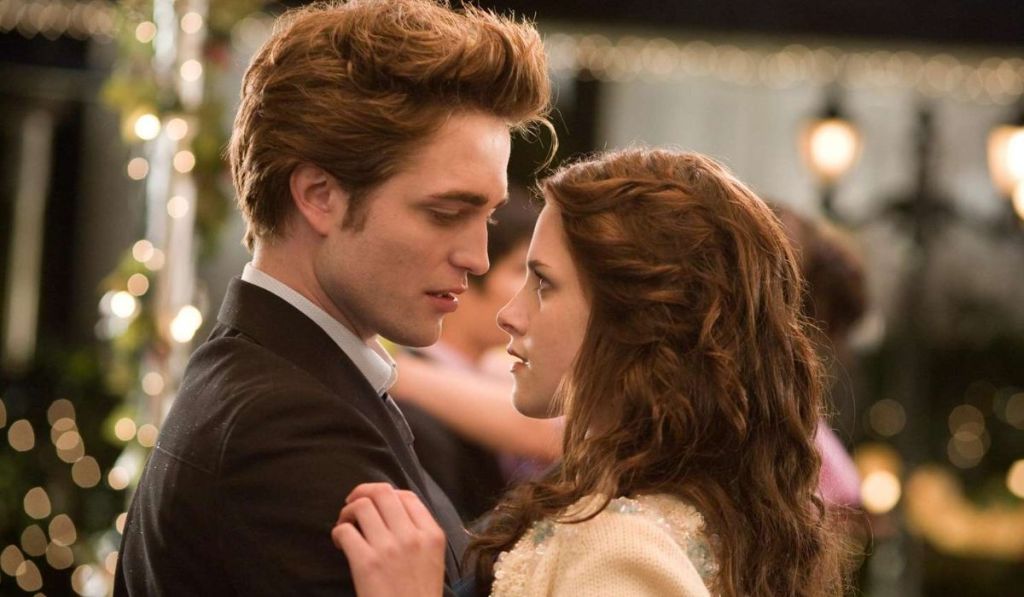
Even though it’s been the target of jokes and criticism for a long time, Twilight had an undeniable impact on millennials. It didn’t just bring vampires back into pop culture, but also redefined what modern “fandom” means. The film became a global sensation by telling the story of the love triangle between Bella Swan (Kristen Stewart), the human, Edward Cullen (Edward Pattinson), the vampire, and Jacob (Taylor Lautner), the werewolf. At its core, the story connected because it spoke to a generation hooked on drama and escapism.
For many millennials, Twilight was their first deep dive into online fandom communities. Fanfics, forums, and the endless “Team Edward” vs. “Team Jacob” debates shaped how people interacted on the internet and changed how studios marketed movies from then on. Ultimately, the film (which grew into a successful franchise) set the blueprint for how sagas would be adapted and sold – and today it’s a cult classic.
1) Harry Potter

Let’s be honest: there might be a reboot on the horizon that could also connect with younger audiences, but no other franchise has built such a strong, lasting bond with millennials like Harry Potter. More than just a fantasy saga, it became a cultural touchstone for an entire generation. The story of a young wizard, Harry (Daniel Radcliffe), as he battles dark forces and comes of age alongside his friends Ron (Rupert Grint) and Hermione (Emma Watson), unfolded over eight movies across a decade (not to mention the books that preceded them) – meaning many millennials literally grew up with these characters.
But its impact goes far beyond the screen. It shaped how millions of people view the world, tackling topics like resistance, empathy, and justice in ways that stuck. It also changed how fans engage with stories, boosting the popularity of cosplay, conventions, and fandom communities that are still going strong. Regardless of the controversies surrounding its creator, Harry Potter shaped a generation, became a landmark, and can confidently be called timeless.

